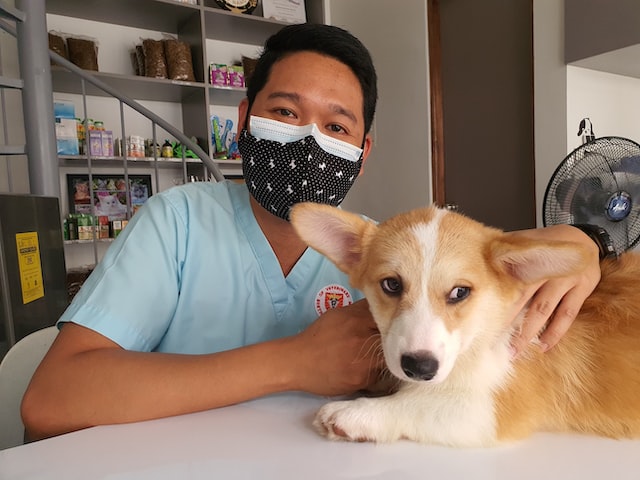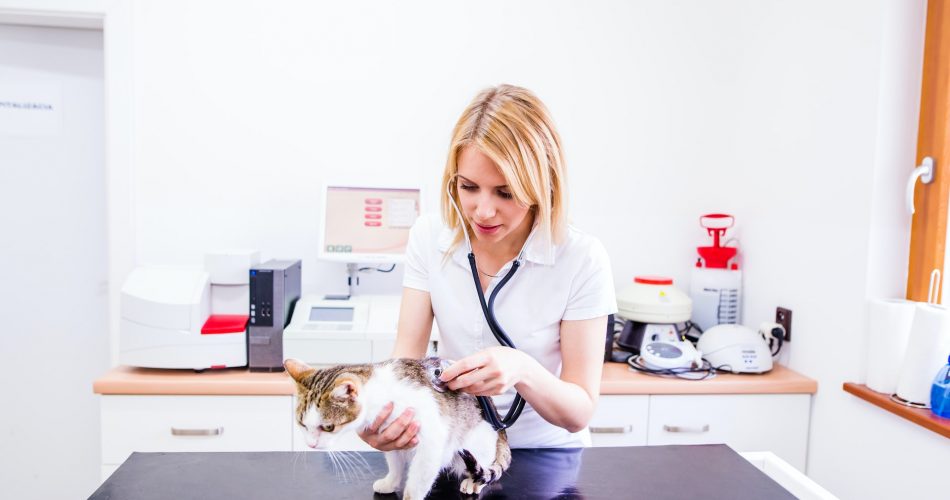If you are interested in becoming a vet, then you may be wondering how long it takes to get there. There are various factors that can influence the amount of time it takes, such as preparing for veterinary school and continuing education requirements. It is important to know all of these factors so that you are prepared and ready to start your career in veterinary medicine.
Preparing for veterinary school
Preparing for veterinary school can be a challenging task. Getting a degree can cost you anywhere from $19,500 to $65,000 annually. If you are not prepared, you may not get in.
It’s best to start preparing for veterinary school early. This will help you avoid the stress of last minute preparations. You can also gain valuable experience that will benefit your application. For example, volunteer at a local humane society.
The most important thing to remember is that the process of applying to a veterinary college is very competitive. You will have to submit your application, a letter of recommendation, and a test score. These will be considered when making your decision.

Photo by Karlo Tottoc on Unsplash
Although you may have heard of a pre-vet program, you may not have heard of the Veterinary College Admission Test (VCAT), which is used by some schools to evaluate applicants. VCAT is a comprehensive multiple choice exam designed to evaluate student qualifications for veterinary college.
Veterinary oncologist
Veterinary oncology is a challenging career path. It requires extensive training and requires a high level of commitment. A veterinary oncologist can improve the quality of life for pets suffering from cancer and can save lives.
Veterinary oncology is a specialist branch of veterinary medicine. Veterinary oncologists work with clients to develop a plan for treatment and provide prognosis and diagnostic testing. Veterinary oncologists often work with other specialists, such as radiation oncologists, to provide the best care possible for a pet.
Veterinary oncologists help to improve remission rates for pet cancer and are dedicated to maximizing the quality of life for each individual animal. There are many therapeutic options available, including chemotherapy, radiation therapy, cryotherapy, and immunotherapy.
To become a veterinary oncologist, you must complete an accredited veterinary school and graduate with a DVM. In addition, you will need 3 to 5 years of additional specialty training. This includes a residency in oncology.
Veterinary pathologist
Veterinary pathologists are trained to examine the health of animals. They can be employed in universities and research laboratories. Besides studying the causes of illness, they are also involved in the development of new medicines and treatments.
Veterinary pathologists are required to have a degree that is accredited by the Royal College of Veterinary Surgeons. This can take many years to complete. It is possible to get a bachelor’s or a master’s in biology or veterinary medicine.

Photo by Arseny Togulev on Unsplash
A degree in veterinary pathology can take four to six years. After this, it is necessary to complete a two to three-year residency. These programs may include work placements, exams, and a course in molecular biology.
As a veterinary pathologist, you can specialize in several areas, including toxicology, molecular biology, anatomical pathology, clinical pathology, or avian pathology. You can also focus on a single species, such as horses, dogs, or pigs.
While a veterinary pathologist’s work is typically in a laboratory, they can visit hospitals and stables. In addition to examining tissues, blood samples, and urine samples, they write reports and speak with other members of the team.
Continuing education requirements
If you are interested in becoming a veterinarian, you will have to complete a number of continuing education requirements. The requirements vary by state. You can earn CEUs through webinars, seminars, and workshops. This will help you stay up to date on the latest technology and procedures.
In some states, you may need to take additional licensing exams. There are a number of veterinary schools in the United States. These schools provide specialized training to future vets. A variety of subjects are taught, including gross anatomy, radiology, and parasitology. Upon graduation, you can choose to become a general practitioner or a family vet.
Most states require that you obtain a certain number of CEUs before you can renew your license. It is important to check the rules and regulations of your state to determine the number of hours you must complete. For example, in California, you must complete 36 hours of approved CE before you can renew your license.


